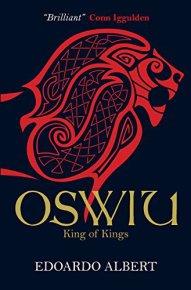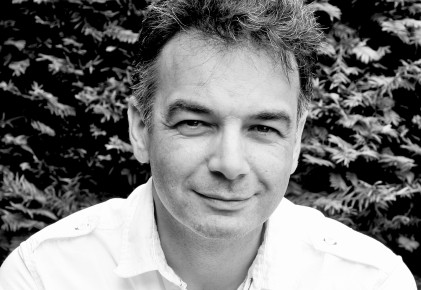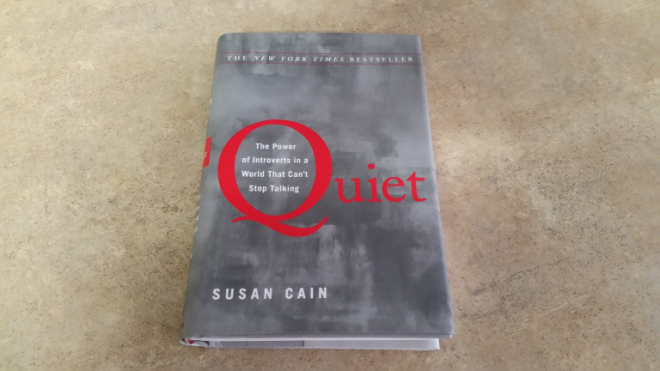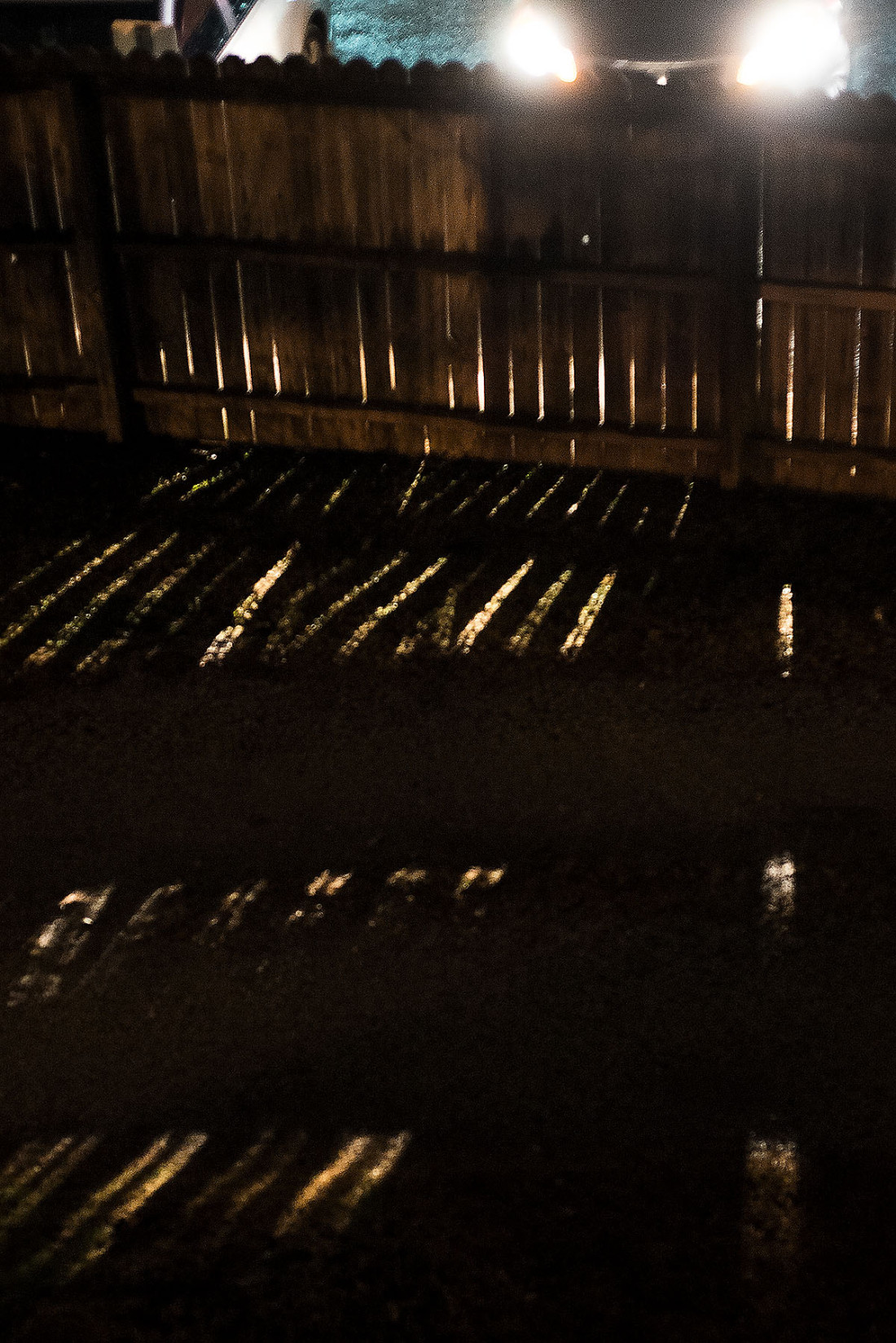

★★★★
The Northumbrian Thrones: Book III
In this third and (currently) last instalment in The Northumbrian Thrones, the ramifications of Oswald‘s untimely death spread across the feuding kingdoms of Britain. It is now 642 AD and the unification that seemed within reach during the reign of Edwin has crumbled away. Even Northumbria is no longer united. Oswald’s younger brother Oswiu faces a long, hard battle to secure his kingship against the mightiest ruler in the land: Penda, ambitious and ruthless king of Merica. But Oswiu has one advantage that Penda lacks: the posthumous, miracle-working reputation of the murdered Oswald.
In a sacred grove deep within Mercia, Oswald’s head and arms hang upon Woden’s tree, testament to a double-pronged defeat. As a man and king, he has been bested by Penda. As the champion of the new religion, he has been crushed by the greater power of the old gods. Or so Penda claims. But unsettling rumours are spreading in Mercia: it’s said that earth gathered at the site of Oswald’s death has worked miracles. The common people come to dig there in the hope of healing or protection. Penda’s actions may have removed his main rival for the title of High King of Britain, but they’ve given him something far harder to conquer: a new saint. And, if Oswald’s shadow lies heavily on Mercia, the same is even truer in Northumbria, where Oswiu discovers that he can’t avoid comparisons with his charismatic older brother. As both kings seek to prove themselves, their struggle will bring them onto a fatal collision course, which only one man can survive.
This is a story of gods and kings, and what happens when one becomes the other. It’s a tale of fathers, brothers and sons, and the psychological impact of growing up in another man’s shadow. It’s about keeping your word. Yet, for all these grand themes, the book Oswiu (like the man) is very different from its predecessor. I’ll be honest: I missed the epic grandeur of Oswald and would have preferred more of that and fewer scenes of siblings squabbling (I felt the children sounded rather modern, compared to Manda Scott‘s younger characters). But that’s just me. Where I think the book does very well is in the characterisation of Oswiu himself. In my post on Oswald, I noted I had little sense of Oswiu’s complexity. That’s now changed and I was glad to have the chance to see beneath the scapegrace veneer. It reveals poignant depths: this young man knows very well that his mother would have chosen to sacrifice him, rather than his brother; and suspects the same is true of his wife.
Oswiu knows where his strengths lie: in tricks and misdirection, and so he employs these qualities when dealing with his rival Penda. Faced with so many lacunae in the historical record, Albert creates an old-fashioned adventure story full of disguises, hair’s-breadth escapes, and daring raids behind enemy lines (indeed, characters penetrate the enemy camp on such a regular basis that one feels the Mercians should retrain their guards). Oswiu’s early expedition to rescue his brother’s body – which concludes with a thrilling setpiece – inspires an even more stirring and dramatic confrontation at the novel’s close. But the excitement of such scenes can only work if there’s a worthy villain, and I was glad to see Penda back again, as shrewd as ever but, in true Greek-tragedy style, manifesting the tragic flaw of hubris which will prove his downfall. You’d think he would’ve learned from the fate of Cadwallon, who considered himself the new Arthur. But Penda’s wisdom is undermined by desperation. He wants to believe that his old gods are on his side and, encouraged by his priest, he makes the most daring claim of all: that he, Penda, is Woden returned to earth. And the true danger comes when Penda begins to believe it himself…
In the last two volumes of The Northumbrian Thrones, I’ve noticed the Christian element growing stronger. And I’m not entirely sure how I feel about this (I had similar qualms about the explicit presence of divine powers in the later Boudica books). Although Penda’s a rich, fascinating character, he is clearly placed on the wrong side of the fence. His gods have abandoned him because they simply never were: they are constructs of mankind. The only divine power is on the side of the Christians, manifested through dreams, visions, the calming of storms and the changing of winds in response to prayer. And Oswald continues to play a notable role in Oswiu from beyond the grave, embodied in his raven Bran, though he makes one physical (unseen) appearance. To emphasise, these things are presented as facts rather than as characters’ beliefs. How do we, the reader, react to the presence of an active divine will within a novel? Do we respond as we would to the presence of magic in a fantasy novel? Do we try to second-guess the events and rationalise them for ourselves? Or do we accept that divine will?
This has been an illuminating and enjoyable series, which has given me a more profound understanding of my own history, and encouraged me (one day) to have a go at Bede himself. The depth of Albert’s research has been impressive throughout, explained in thorough introductions and afterwords which prove his devotion to the very scarce facts. There are lots of things for keen-eyed readers to spot: I’m sure I missed most of them, but I was very proud of myself when I recognised The Dream of the Rood. And perhaps the key thing is that Albert manages to capture that difficult blend of the Anglo-Saxon mind, half-anchored in the life of the raid and the ring-giver and the weregild; half-turning towards Christianity’s message of mercy and everlasting life. I encourage historical fiction fans to seek out the trilogy – especially if you enjoy Bernard Cornwell’s Uhtred series, because here you get glimpses of Bamburgh / Bebbanburgh two centuries before the Vikings.
Now, go and find a copy of Edwin, and start the series for yourself!
Buy the book
I received this book from the publisher via Netgalley in exchange for a fair and honest review.
Last in this series – Oswald: Return of the King
Share this:





